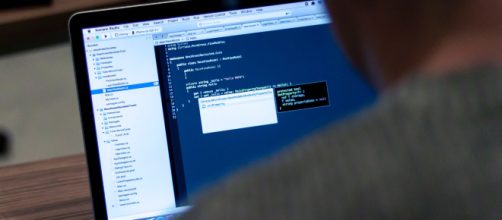Hacking, data breaches, personal theft information is everywhere. From hacking of Instagram accounts of high profile personalities like Britney Spears to breaches of the PlayStation network. But it is just not only governments, public figures, and businesses that are under threat. Anybody who has an electronic device, shops or transmits any kind of information online is under threat and needs to know the signs and take precautionary measures.
Cybercrime can take any shape or form
The level of cybercrime where data breaches are concerned are reaching staggering numbers.
According to the specialized site “SecurityIntelligence,” the global cost of cybercrime will reach $2 trillion by 2019. Also, the information provided by the statistic portal “Statista” states that the by February 2018 the largest data breaches have occurred at Yahoo one of the largest online companies - 3 billion data records have been compromised. These numbers are quite shocking, but many people still don’t realize the danger their Personal Information is in.
While everybody will be alerted if they see unexplained online financial transactions, if they can’t log in into their accounts or they see messages they have supposedly sent, and they never did, there are quite a few other signs everybody with an online presence should take note of.
Those include situations when your computer or phone is seriously slowed down, there are random shutdowns and restarts of their computer or phone, or when the security software they installed mysteriously shuts down. These signs also include discovering software or browser add-ons that the user didn’t install, there are changes in system settings that weren’t initiated by the user, the number of pop-ups suddenly increases, there is an online activity the user doesn’t recognize, or your computer or phone simply goes out of your control.
Taking precautionary measures
Cybercriminals are getting more sophisticated and their schemes more complicated every day, but there are certain precautionary measures every online user not only should but certainly must take.
The first measure is to use as secure passwords as possible. There, use of software that generates strong passwords is essential, as it is critical not to use the same password for multiple accounts. Changing passwords at regular intervals is also highly advisable.
The second measure that should be taken is limiting the data you hand over online. There is no need to take the risk of the third party to be able to store your information like payment details.
The third measure is to do regular checkups of all your system and other software, as well as browser add-ons. Updating your virus protection regularly is essential, as quite a number of data breaches occur in that manner. Installing software that detects tracking and warns you of suspicious activities can be very helpful.
Finally, if a data breach does occur, along with updating your system software and changing all your passwords, getting in touch getting in touch with third party sites or services and local police is highly advisable.


